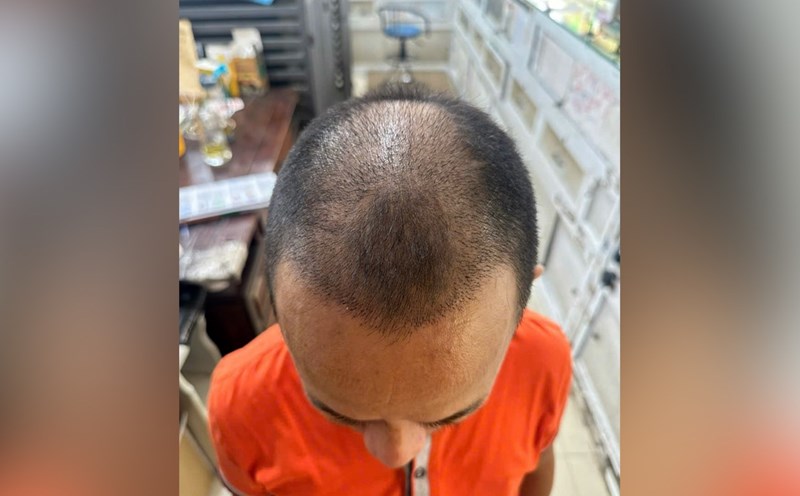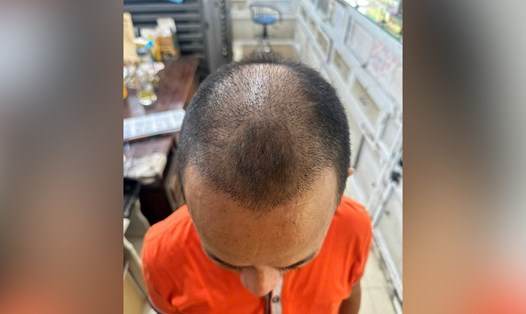What is autoimmune disease?
Autoimmune diseases are a group of disorders in which the body's immune system, instead of protecting against harmful invaders such as bacteria, viruses, and foreign substances, mistakenly attacks the body's own tissues and organs. The exact cause of autoimmune diseases is not yet fully understood, but several factors may increase the risk of developing the disease, including genetics, infections, and environmental factors.
Autoimmune diseases can affect almost any part of the body, including the skin, joints, and internal organs (such as the kidneys, liver, and lungs), and can cause a variety of symptoms, from arthritis to fatigue to skin rashes. Another common symptom of autoimmune diseases is hair loss, which occurs when the immune system attacks hair cells or hair follicles, causing hair to fall out and thin.
Autoimmune diseases can cause hair loss
Alopecia areata
According to Dr. Sanjeev Gulati, Department of Dermatology, Sharda Hospital (India), alopecia areata is a type of autoimmune disease in which the immune system attacks the hair follicles, causing hair loss in certain areas of the body, usually on the scalp. The condition is characterized by circular patches of hair loss, which can appear suddenly and cause distress to those affected. In more severe cases, the disease can lead to complete hair loss, in which hair falls out on the entire scalp, or total body hair loss, including eyebrows, eyelashes, and other areas. The cause of alopecia areata is still unclear, but stress and genetic predisposition are thought to contribute to the development of the disease.
Lupus
Systemic lupus erythematosus (SLE) is a chronic autoimmune disease that affects many organs in the body, including the skin, kidneys, joints, and nervous system. In lupus, the body's immune system attacks healthy tissues and organs, causing inflammation and damage. Scalp inflammation is one of the causes of hair loss in lupus patients, says Dr. Sanjeev Gulati.
Rheumatoid arthritis
Rheumatoid arthritis (RA) is a chronic autoimmune disease that can affect hair, especially when people are taking medications to treat the disease such as methotrexate, which can cause hair loss as a side effect.
Vitiligo
Vitiligo is an autoimmune disorder in which the body's immune system attacks and destroys the melanin-producing cells in the skin. This results in white patches without pigment appearing on the skin. However, vitiligo can also affect hair follicles, resulting in a loss of pigment in the hair, creating white patches or patches of hair.
How to deal with hair loss due to autoimmune disease
Dealing with hair loss, especially when it is related to autoimmune diseases, can be emotionally challenging. However, there are ways to help people cope with the condition and improve their mental and physical health. Here are strategies experts recommend to help cope with the effects of hair loss.
- Seek medical treatment.
- Explore hair restoration options.
- Practice self-care.
- Supplement nutrients.











